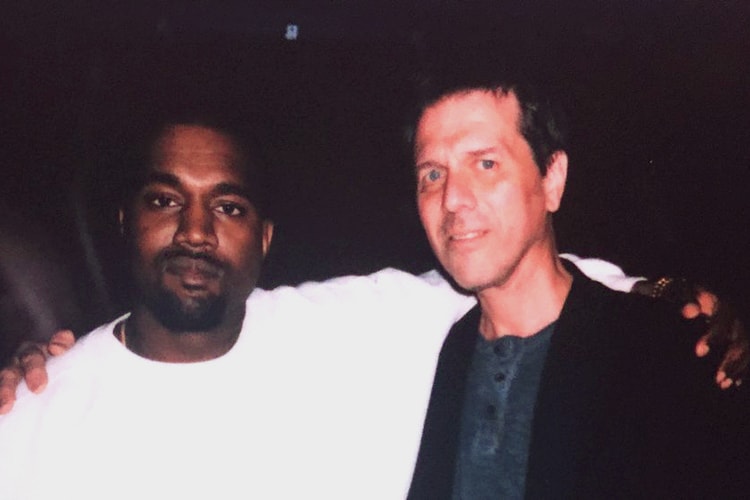It Is Now Illegal to Deny Anyone Access to the Internet
70+ countries support the new law voted by the United Nations.

“High speed broadband is not a luxury, it’s a necessity,” exclaimed President Obama back in 2015. Today, over 3 billion people in the world are connected to the Internet, with the world’s average Internet speed rising 23% since last year and still climbing, and yet a global standard for the right to open access has been an ongoing conversation for a long time now.
A new report by the United Nations Special Rapporteur on the Promotion and Protection of the Right to Freedom of Opinion and Expression has officially declared Internet access as a basic human right, recognized by international law. Furthermore, the report states that disconnecting people from the Internet is now considered a human rights violation.
The resolution passed just last week, having met support from over 70 states, but faced opposition from nations including Russia, Indonesia, Saudi Arabia, India, South Africa and China (a country notoriously known for its Internet censorship). The statement also condemns laws regarding blocking and filtering such as copyright issues and Internet censorship during times of political unrest: ”The Special Rapporteur calls upon all states to ensure that Internet access is maintained at all times, including during times of political unrest. In particular, the Special Rapporteur urges States to repeal or amend existing intellectual copyright laws which permit users to be disconnected from Internet access, and to refrain from adopting such laws.”
What do you think about the future of Internet access, and will freedom of expression survive without regulations on the web (as well as controversial comment sections)? Share your thoughts below.






















